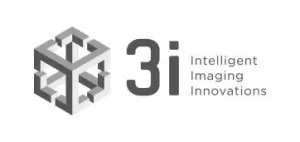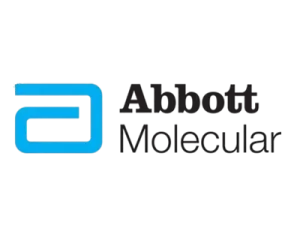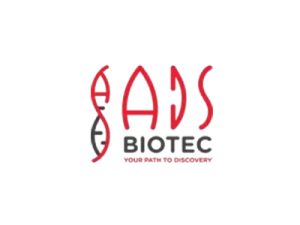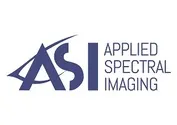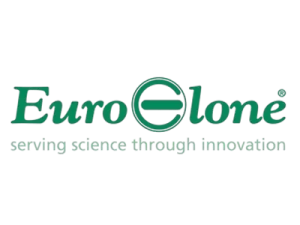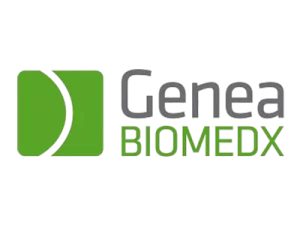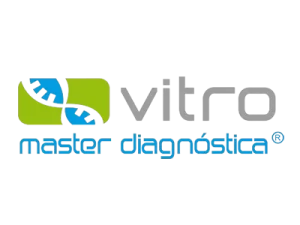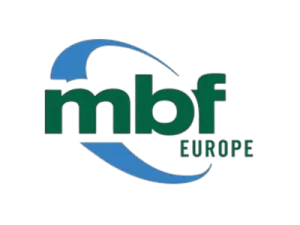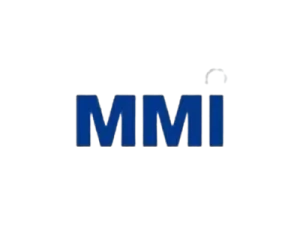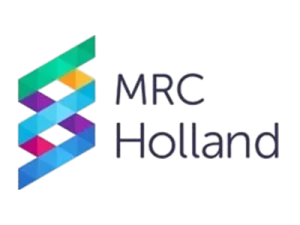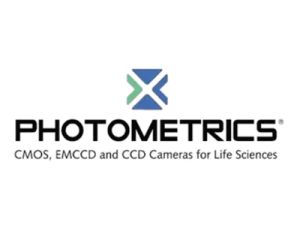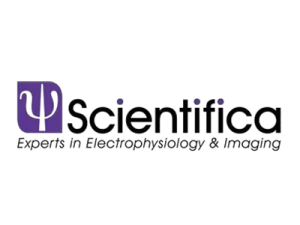DSS: Redefining Biotechnology & Life Science in India
- About Us
- Products & Services
PRODUCTS & SERVICES
-
Kits Reagents & Consumables
- Cytogenetics
- Dyes
- Fluorescence In Situ Hybridization (FISH)
- High-Performance Liquid Chromatography (HPLC)
- Histology
- Immuno Histo Chemistry (IHC)
- Molecular Pathology & Diagnostics
- Multiplex Ligation-Dependent Probe Amplification (MLPA)
- Nucleic Acid Extraction
- PharmDx
- Real Time PCR
- Sequencing
- Special Stains
-
Instruments
- Biosafety
- Cameras
- Cell Culture monitoring
- CO2 Incubator
- Cytogenetics Systems
- Digital Slide Scanners
- Electrophysiology Systems
- Endoscopy System
- Fluorescence In Situ Hybridization (FISH)
- H&E
- Immuno Histo Chemistry (IHC)
- Microfluidics
- Microscopes
- Molecular Pathology & Diagnostics
- Multichannel Imaging Systems
- Real Time PCR
- Special Stains
- Software
- Accessories
- Advanced Material
-
Kits Reagents & Consumables
- Applications & Specialities
All Applications & Specialities
- Brands
- Contact Us
-

-
 0
0
- ☰
- About Us
- Products & Services
-
Kits Reagents & Consumables
- Cytogenetics
- Dyes
- Fluorescence In Situ Hybridization (FISH)
- High-Performance Liquid Chromatography (HPLC)
- Histology
- Immuno Histo Chemistry (IHC)
- Molecular Pathology & Diagnostics
- Multiplex Ligation-Dependent Probe Amplification (MLPA)
- Nucleic Acid Extraction
- PharmDx
- Real Time PCR
- Sequencing
- Special Stains
-
Instruments
- Biosafety
- Cameras
- Cell Culture monitoring
- CO2 Incubator
- Cytogenetics Systems
- Digital Slide Scanners
- Electrophysiology Systems
- Endoscopy System
- Fluorescence In Situ Hybridization (FISH)
- H&E
- Immuno Histo Chemistry (IHC)
- Microfluidics
- Microscopes
- Molecular Pathology & Diagnostics
- Multichannel Imaging Systems
- Real Time PCR
- Special Stains
- Software
- Accessories
- Advanced Material
-
Kits Reagents & Consumables
- Applications & Specialities
- Brands
- Brand - Life Sciences
- 3i
- ABBERIOR INSTRUMENTS
- Abbott Molecular
- ADS Biotec
- APPLIED SPECTRAL IMAGING
- BioAir Tecnilabo
- DAKO (AGILENT)
- Eden Tech
- Elveflow
- ENTROGEN
- EUROCLONE
- EVIDENT
- Genea
- Genial Helix
- Hamamatsu Photonics
- Invivoscribe
- MASTER DIAGNOSTICA
- MBF BIOSCIENCE
- Medical Tek Co. Ltd
- MILESTONE MED SRL
- Molecular Machines & Industries
- MRC HOLLAND
- NeoDx
- Onward Assist
- PHOTOMETRICS
- Profound
- SCIENTIFICA
- µCyte
- Seqlo
- Brand - Industrial
- Brand - Life Sciences
- News & Events
- Career
- Contact Us
- Testimonial
- Blog
- R&D
- CSR
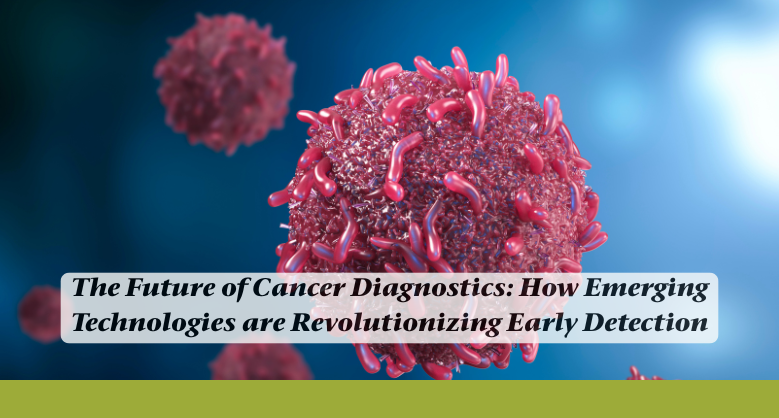
The Future of Cancer Diagnostics: How Emerging Technologies Are Revolutionizing Early Detection
BY DSS Imagetech Pvt Ltd June 25, 2025
Cancer remains one of the most challenging health battles of our time. Early detection stands as a critical weapon in this fight, dramatically increasing survival rates and treatment effectiveness. When caught in its initial stages, many cancers show a 90% or higher five-year survival rate.
Traditional diagnostic methods have served as the backbone of cancer detection for decades. These include:
- Physical examinations
- Imaging tests
- Tissue biopsies
- Basic blood work
Yet these conventional approaches face significant limitations:
- Detection Delay: Often identifies cancer only after symptoms appear
- Invasive Procedures: Require surgical intervention for definitive diagnosis
- Limited Accuracy: Can miss early-stage cancers or produce false positives
- Restricted Scope: Unable to provide comprehensive molecular insights
A new era of cancer diagnostics is emerging through groundbreaking technological advances. These innovations combine multiple data types and sophisticated analysis methods to detect cancer earlier and more accurately than ever before. From liquid biopsies that can spot cancer through a simple blood draw to artificial intelligence systems that analyze complex molecular patterns, these technologies are transforming the landscape of cancer detection.
The integration of tools like the UGT1A1 Genotyping Kit with emerging diagnostic platforms creates powerful new capabilities for identifying and characterizing cancers at their earliest stages, when intervention can make the greatest difference in patient outcomes.
The Impact of Multi-Omics Data in Cancer Diagnostics
Multi-omics data integration has transformed cancer diagnostics by providing a comprehensive understanding of tumor development and progression at the molecular level. This approach combines various types of biological information:
- Genomic data: reveals mutations that cause cancer
- Transcriptomic analysis: shows patterns of gene expression
- Proteomic profiling: identifies proteins specific to cancer
- Metabolomic information: tracks changes in biochemical processes
Non-Invasive Diagnostic Opportunities
Cancer-specific biomarkers found in biofluids offer non-invasive ways to diagnose the disease. Blood tests can detect multiple types of biomarkers:
- Circulating tumor DNA (ctDNA)
- Exosomal RNA
- Protein markers
- Metabolic signatures
The D001 Hereditary Cancer Panel is an example of modern multi-omics testing, which analyzes over 30 genes associated with an increased risk of inherited cancer. This comprehensive profiling at the molecular level enables:
- Early detection of cancer
- Monitoring the progression of the disease
- Predicting how well a treatment will work
- Keeping track of any recurrence
The Rise of Liquid Biopsy Techniques
Liquid biopsy techniques have become more popular in cancer diagnostics. These tests examine ctDNA and exosomal RNA that are released by tumor cells into the bloodstream. By looking at these molecular markers, we can determine:
- What type of cancer is it
- How advanced the disease is
- Where exactly is the tumor located
- Whether a treatment is working or not
Recent improvements in methods for analyzing biofluids have made it possible to detect these signatures with greater sensitivity, even in early stages of the disease. These advancements are paving the way for more precise and personalized treatment strategies in oncology.
Advanced Technologies Shaping the Future of Cancer Diagnostics
Revolutionary technological advancements have transformed cancer diagnostics, introducing powerful tools that enable precise detection and personalized treatment strategies.
1. Next-Generation Sequencing (NGS)
NGS technology delivers comprehensive genetic profiling of tumors with unprecedented accuracy. This advanced sequencing method:
- Identifies specific genetic mutations driving cancer development
- Maps tumor evolution patterns
- Reveals potential drug resistance markers
- Guides targeted therapy selection based on genetic profiles
- Enables real-time monitoring of treatment response
2. Single-Cell Analysis
Single-cell technology breaks down complex tumor environments to examine individual cells:
- Reveals cellular heterogeneity within tumors
- Tracks rare cancer cell populations
- Maps tumor microenvironment interactions
- Identifies resistance mechanisms at cellular level
- Predicts treatment responses through detailed molecular profiling
3. Mass Spectrometry
Mass spectrometry revolutionizes protein biomarker detection in cancer diagnostics:
- Screens thousands of proteins simultaneously
- Quantifies protein modifications linked to cancer
- Identifies novel cancer-specific markers
- Monitors treatment effectiveness through protein changes
- Enables rapid, high-throughput analysis of clinical samples
These technologies work together to create detailed molecular portraits of cancer. NGS identifies genetic alterations, single-cell analysis reveals cellular behavior patterns, and mass spectrometry tracks protein changes. This integrated approach enables doctors to:
- Make informed decisions about treatment strategies
- Monitor disease progression accurately
- Adjust therapies based on molecular responses
- Predict treatment outcomes
- Develop personalized treatment plans
Recent advances in these technologies have reduced costs and processing times while improving accuracy. Labs now process samples faster, deliver results quicker, and provide more detailed molecular information than ever before. This technological revolution brings us closer to truly personalized cancer care, where treatment decisions align precisely with each patient’s unique molecular profile.
Emerging Multi-Omics-Based Diagnostic Tests
Revolutionary cancer detection kits now combine multiple molecular analysis techniques to identify cancer at its earliest stages. These groundbreaking diagnostic tools showcase the power of integrated multi-omics approaches in modern medicine.
1. CancerSEEK Test
This innovative blood test detects eight common cancer types through a unique combination of genomic and proteomic data. The test analyzes:
- 16 cancer-specific gene mutations
- 8 protein biomarkers
- Cancer types: liver, ovary, pancreas, stomach, esophagus, colorectal, lung, breast
2. STRIVE Study Breakthroughs
The STRIVE study focuses on early-stage gastrointestinal cancer detection through molecular signatures. This research has identified:
- Distinct biomarker patterns specific to GI cancers
- Novel protein signatures in blood samples
- Metabolic changes unique to early tumor development
3. PanSeer Project Innovations
The PanSeer diagnostic method analyzes DNA methylation patterns in circulating tumor DNA, offering:
- Detection up to four years before conventional diagnosis
- Non-invasive blood testing procedure
- High accuracy rates across multiple cancer types
- Identification of stomach, esophageal, colorectal, lung, and liver cancers
4. GRAIL’s Galleri Test
This advanced blood test represents a significant leap in cancer diagnostics:
- Detects over 50 types of cancer
- Uses next-generation sequencing technology
- Implements sophisticated machine learning algorithms
- Maintains low false-po`sitive rates
- Identifies cancer origin with 93% accuracy
These diagnostic tools demonstrate remarkable progress in early cancer detection capabilities. Each test utilizes distinct approaches to analyze molecular signatures, providing healthcare providers with powerful tools for early intervention. The integration of multiple data types – from genetic mutations to protein markers – creates comprehensive diagnostic profiles that surpass traditional testing methods in both accuracy and scope.
The Role of Artificial Intelligence and Machine Learning in Enhancing Cancer Diagnostics
Artificial Intelligence (AI) and Machine Learning (ML) technologies are transforming cancer diagnostics by quickly and accurately analyzing large amounts of multi-omics data. These advanced computational tools can find complex patterns in:
- Medical imaging data
- Genetic sequences
- Protein expression profiles
- Clinical records
- Patient demographics
How AI and ML Improve Cancer Diagnostics
AI algorithms are particularly good at finding small molecular signatures that human experts may overlook. Deep learning models can identify cancer-specific patterns in various types of data, including:
- Blood-based biomarkers
- Tissue samples
- Radiological images
- Electronic health records
The combination of AI with molecular diagnostic techniques leads to the creation of powerful diagnostic tools. Here are some ways machine learning algorithms improve cancer diagnostics:
- Reducing false positives by 25-30%
- Increasing early detection rates by up to 40%
- Processing diagnostic results in minutes instead of hours
- Identifying patient-specific treatment responses
Recent Developments in AI-Powered Cancer Diagnostics
Recent advancements in AI-powered diagnostics include:
- Automated Image Analysis: Neural networks detect microscopic changes in tissue samples
- Predictive Analytics: ML models forecast cancer progression patterns
- Real-time Monitoring: AI systems track treatment effectiveness through continuous data analysis
- Risk Assessment: Algorithms calculate individualized cancer risk profiles
These technological breakthroughs enable healthcare providers to make quicker and more precise diagnostic decisions, while also minimizing human error and interpretation bias.
Conclusion
The integration of emerging technologies in cancer diagnostics marks a transformative shift in healthcare delivery. Advanced diagnostic tools have revolutionized early detection capabilities, creating a ripple effect of benefits:
- Earlier Intervention: Multi-omics approaches and AI-powered diagnostics enable detection at previously undetectable stages
- Personalized Treatment Plans: Comprehensive molecular profiling allows tailored therapeutic strategies for each patient
- Cost Reduction: Early detection significantly decreases treatment costs and healthcare resource utilization
- Enhanced Survival Rates: Timely interventions lead to better patient outcomes and increased survival probability
The future of cancer diagnostics lies in precision oncology, where technological innovations continue to push boundaries. These advancements represent hope for millions affected by cancer worldwide. The cancer diagnostics kits have made it easier with early detection.
The medical community must:
- Invest in research to refine existing diagnostic tools
- Develop new technologies for enhanced accuracy
- Create standardized protocols for widespread implementation
- Foster collaboration between healthcare providers and technology developers
Cancer research initiatives and participation in clinical trials can accelerate these developments. Together, we can build a future where cancer detection happens early enough to save more lives through these revolutionary diagnostic approaches.
Latest Articles
The Future of Cancer Diagnostics: How Emerging Technologies Are Revolutionizing Early Detection
BY DSS Imagetech Pvt Ltd June 25, 2025
Cancer remains one of the most challenging health battles of our time. Early detection stands as a critical weapon in this fight, dramatically increasing survival rates and treatment effectiveness. When caught in its initial stages, many cancers show a 90% or higher five-year survival rate. Traditional diagnostic methods have served...
Read MoreHow AI & Machine Learning are Revolutionizing Food Testing
BY DSS Imagetech Pvt Ltd May 26, 2025
Americans waste a shocking 30% of their food and beverages yearly, leading to $48.3 billion in lost revenue. AI and food technology have stepped in to create remarkable changes across our industry. The food supply chain now benefits from better testing, monitoring, and quality maintenance systems. AI applications have revolutionized...
Read MoreSingle-Cell Sequencing: Unveiling Tumor Heterogeneity for Precision Oncology
BY DSS Imagetech Pvt Ltd May 26, 2025
A jump from 5% to 29.6% survival rate means everything to families dealing with advanced lung cancer. This dramatic improvement in patient outcomes stems from matching the right treatments to each case.Single-cell profiling plays a game-changing role in modern cancer care that makes this possible. Traditional ways of analyzing cancer...
Read More
